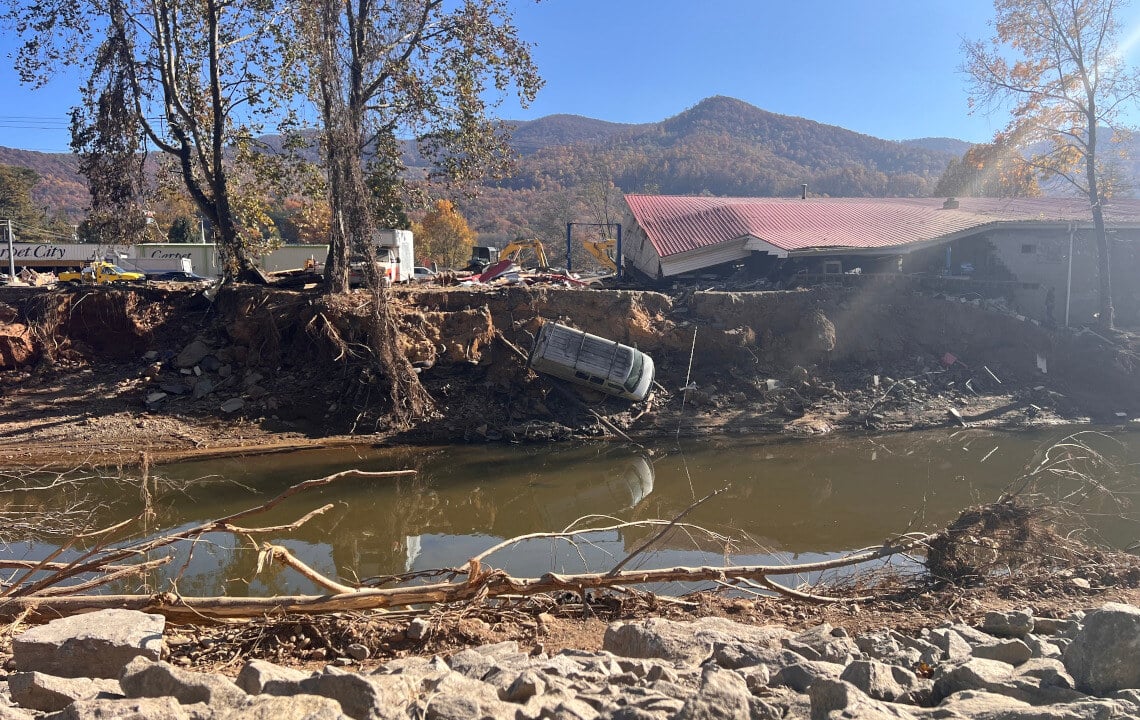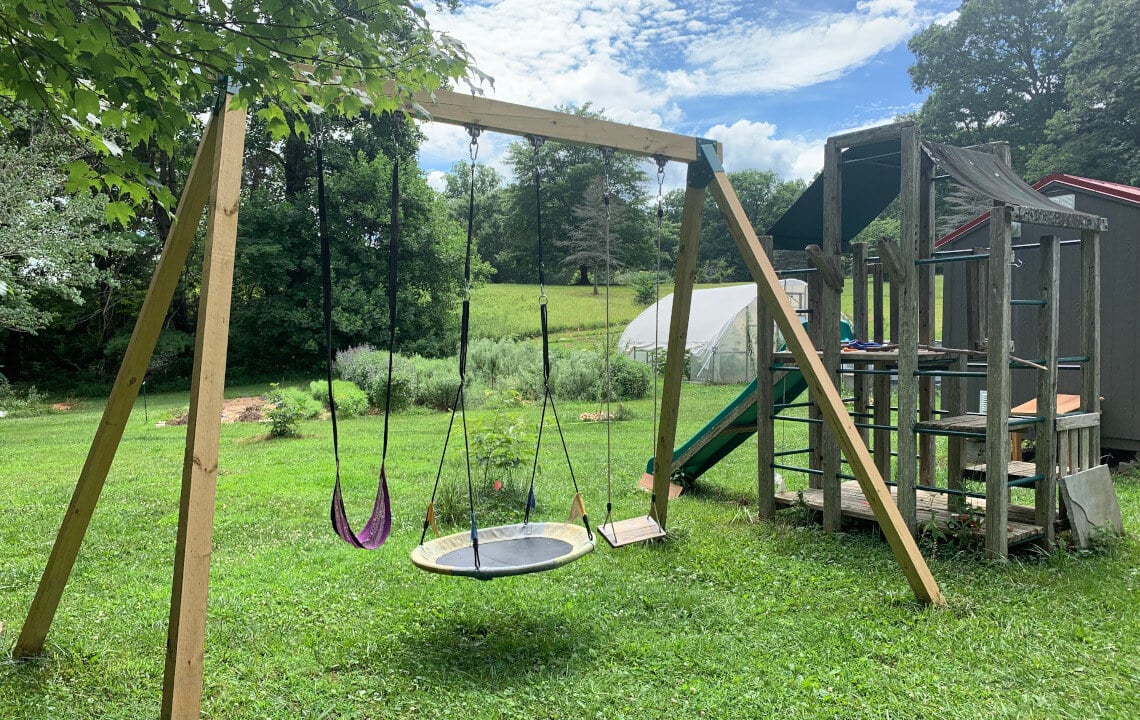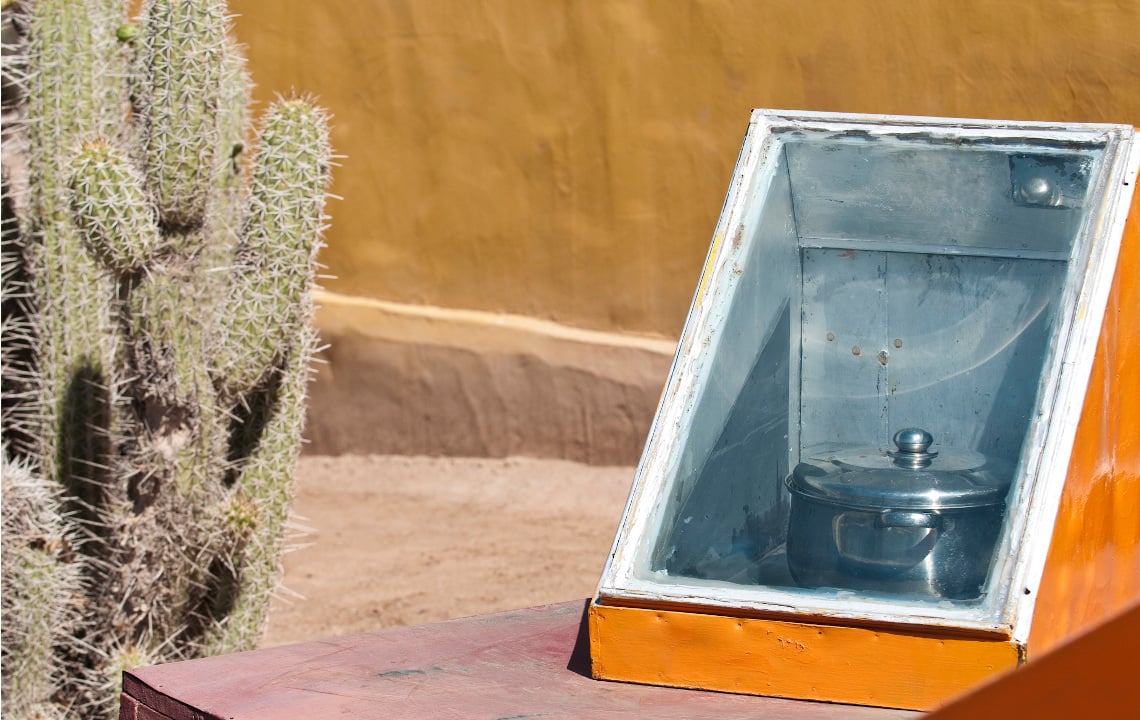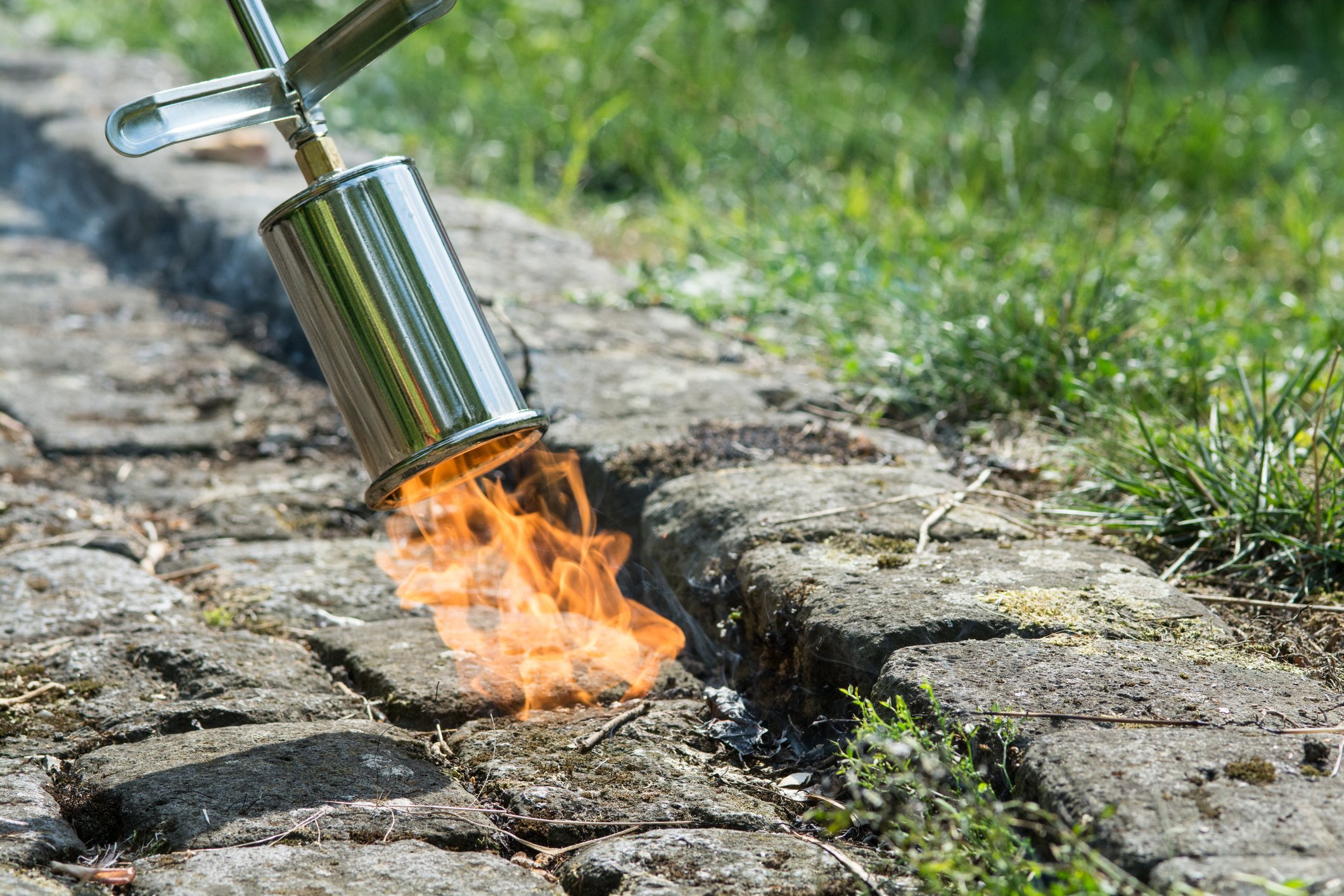Metal detecting is a wonderful hobby for adults and children, especially in rural places. A survival expert and outdoorsman shares stories from a metal detecting expert specializing in military artifacts and offers tips on how to get started metal detecting as a hobby.
Everyone likes the sensation of finding hidden treasure. That is what makes metal detecting such an enjoyable hobby. You never know what will turn up on the next step.
Rural areas, especially old farmland, can yield interesting artifacts such as antique tools and personal items such as jewelry and coins. You may never ‘strike it rich’, but you will have hours of fun and create your own personal collection of artifacts.
Inspiration for Metal Detecting in Verdun, France
There is an amazing amount of interest in metal detecting, and metal detectors are available in a wide range of prices.
To quote an expert, “You get what you pay for”.
Bob Dicey is a local enthusiast who has been involved for quite a long time. His interest was aroused in 1966 when his father, a career air force man, transferred to an area near Verdun, France.
He told me of opening a closet in the house where they lived and finding an old, rusty German military helmet.
Mr. Dicey was a young boy at the time, and as he made friends, they were involved in the normal outside activities that boys enjoy.
He saw evidence of a lot of undetonated artillery shells and other artifacts that remained from WWI. The Battle of Verdun occurred on the hills north of Verdun-sur-Meuse. It was the longest battle in WWI and lasted from February 21 to December 18, 1916.
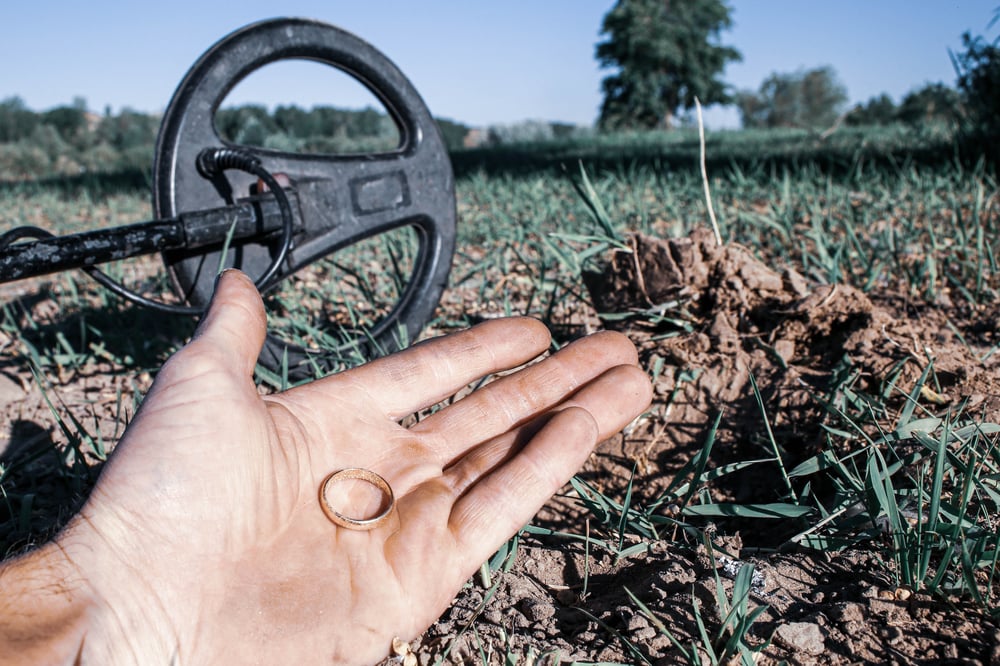
Return to France in 1988 Cements Dicey’s Interest in Military Artifacts
In 1988, he and his wife returned to France and this time he was armed with a 1985 White, model 5900 DI metal detector. He found quite a number of artifacts and developed a life-long interest in military artifacts.
After returning to the States, he concentrated on crash sites of airplanes that were stationed at the Donaldson Air Force Base, Greenville, SC, which has now been converted to civilian enterprise.
A number of his finds are on display at the soon-to-be re-opened Military History Center of the Carolinas. This center is located on the south ramp of the downtown Greenville Airport.
Mr. Dicey is still actively engaged in metal detecting, and he has found artifacts at civil war sites, in addition to pursuing his interest in aircraft crash sites.
Today, many sites discourage or forbid the removal of artifacts. This includes national parks, designated historic military battle sites and more. Prior to engaging in the pursuit of artifacts, permission should be secured.
Metal Detecting Application for the Rural Resident
While you might not have or desire the type of opportunity that Mr. Dicey has, there are ample opportunities to search for artifacts in a rural setting.
Old farms, forests and rural properties are good places to search for lost or misplaced items. Metal detectors are safe and easy to use, but like any technology, the more experience you have, the better the results.
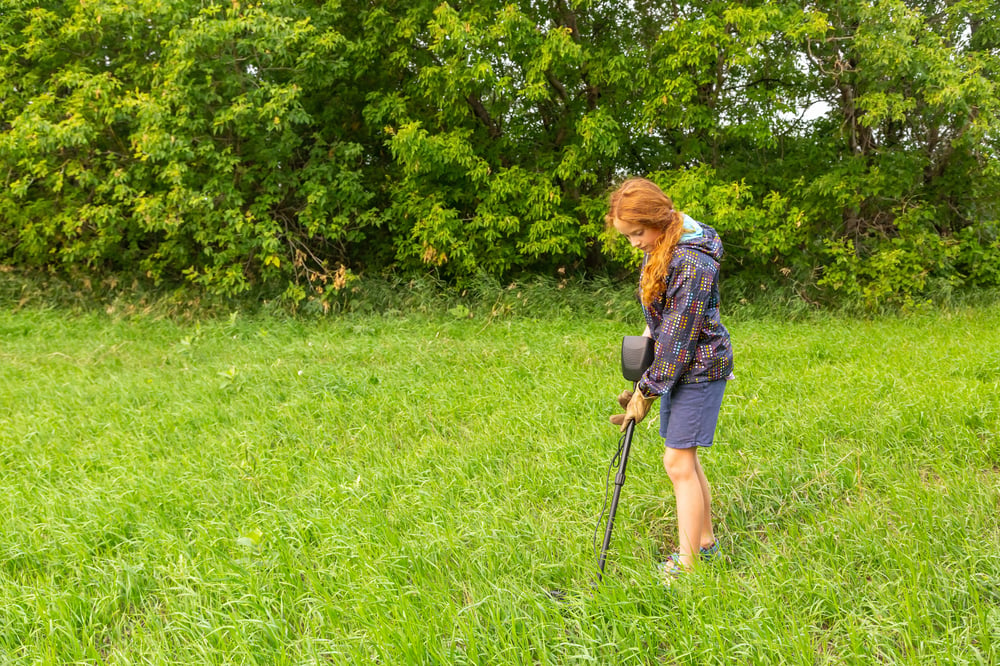
Components and Attributes of Metal Detectors
Metal detectors use harmless electromagnetic induction to locate metals. They create a magnetic field that detects the presence of metal. When that occurs, a tone is emitted that will indicate the presence. Various detectors have different capabilities and can detect buried metallic objects at different depths.
Most units have a coil on the lower end of the unit that is moved back and forth over the area being searched. These coils are usually submersible. When an item is located, a signal is sent from the coil to the control box which houses the signal processing circuitry, audio circuitry, a display screen and the various knobs and/or control buttons.
The control box sends a tone to the earphones which indicates when an item is detected. Variations in the tone and setting on the control box display can provide information as to the size and type of find.
More sophisticated units have settings that allow you to bypass items such as foil, pull tabs and insignificant items. This saves time as the user does not devote time to digging for trivial items.
Metal detecting units are available for under $100, but if you are serious about the hobby, a better-quality unit will be a good investment. As in most cases, the greater investment provides for more features and more dependable equipment.
If this sounds like a hobby of interest to you, there are metal-detecting forums online that can provide valuable tips.
Some examples include:


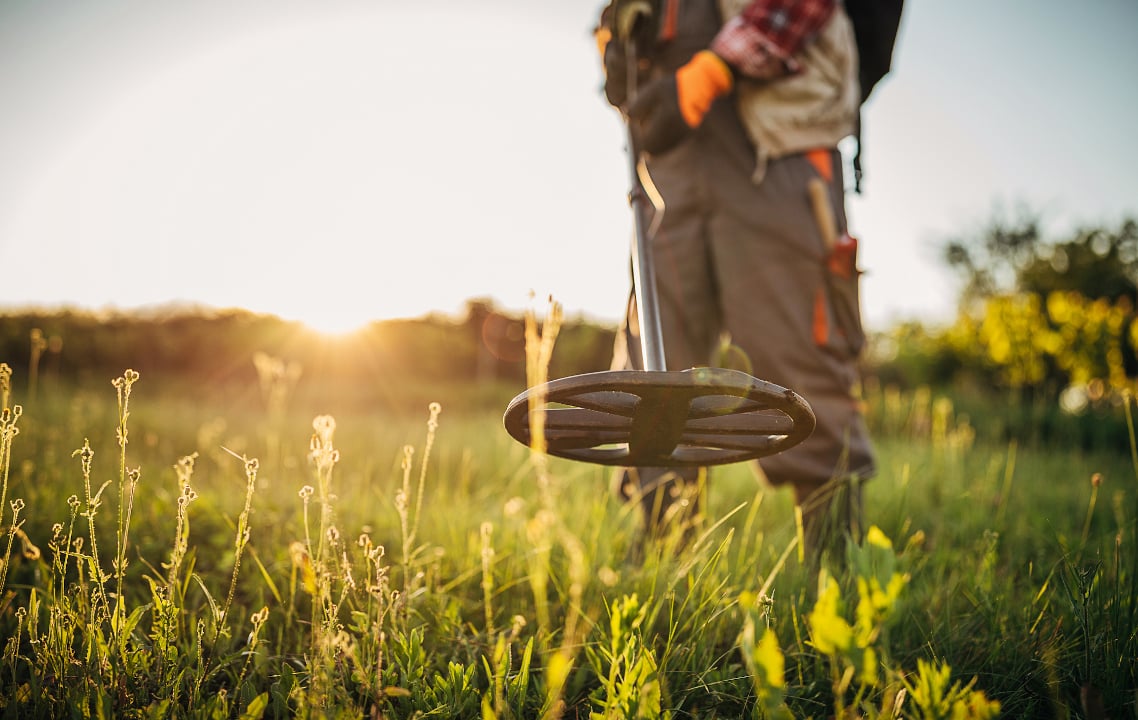

.jpg)




